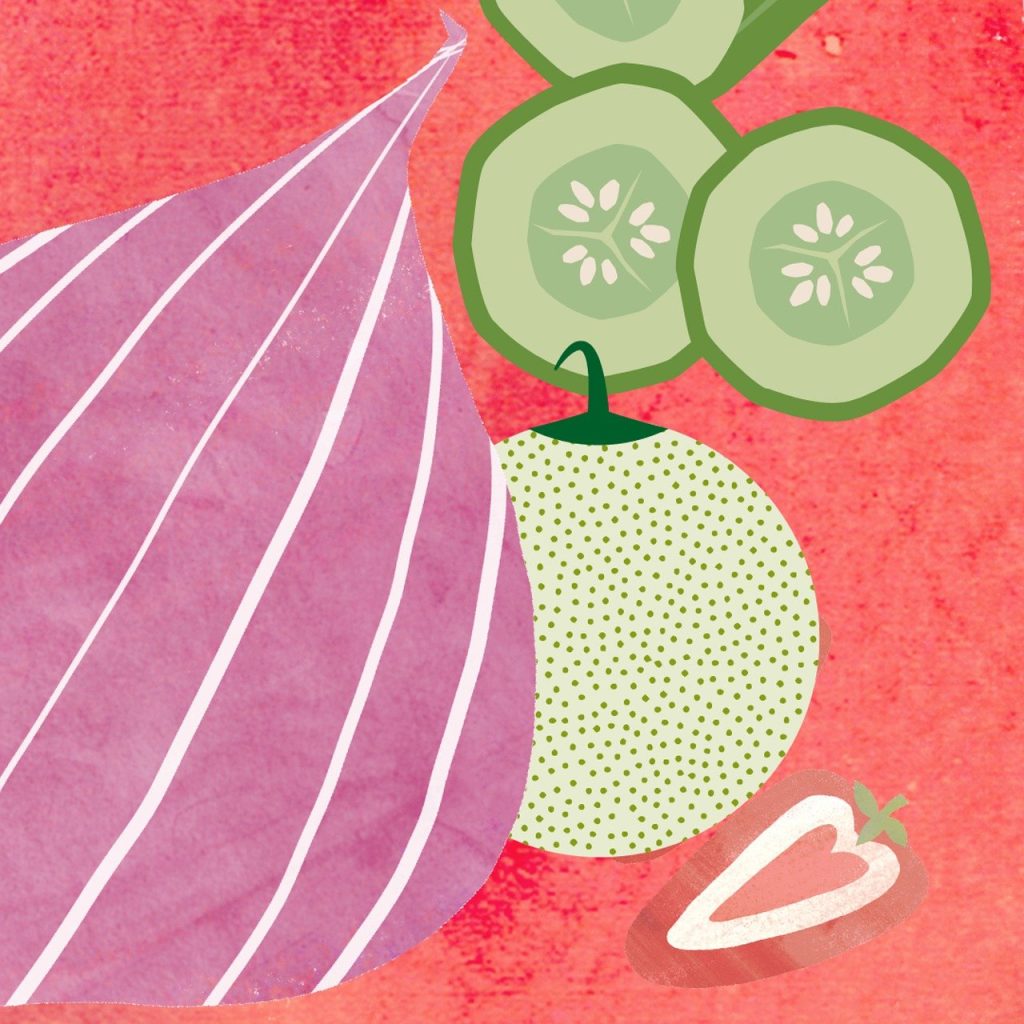Are you a proud new puppy owner? Congratulations! As you embark on this exciting journey of parenthood, it’s important to prioritize your furry friend’s health and well-being. One crucial aspect of caring for your little bundle of joy is ensuring they have a proper nutrition plan in place. In this article, we will explore the significance of nutrition plans for puppies and why they are essential for their growth and development. From understanding their specific dietary needs to selecting the right food and portion sizes, we will guide you every step of the way, so you can provide your puppy with the best start in life.

This image is property of pixabay.com.
The Importance of Nutrition Plans for Puppies
Puppies are adorable, energetic bundles of joy. As a puppy owner, it is your responsibility to ensure that your fur baby grows up healthy and strong. One of the most critical aspects of puppy care is providing them with a proper nutrition plan. A good nutrition plan plays a vital role in a puppy’s growth, overall health, and can even prevent common health issues. In this article, we will discuss the importance of nutrition plans for puppies and provide you with valuable information on how to create a balanced nutrition plan that suits your furry friend’s needs.
Understanding a Puppy’s Nutritional Needs
Puppies have unique nutritional requirements that differ from adult dogs. During their growth phase, puppies require a higher amount of essential nutrients to support their rapid development. This includes protein, fats, carbohydrates, vitamins, and minerals. It is crucial to ensure that these nutrients are provided in appropriate quantities and from high-quality sources to promote proper growth and development. A balanced diet is essential for puppies, as it provides them with the necessary nutrients to support their overall well-being.

This image is property of pixabay.com.
Choosing the Right Puppy Food
Selecting the right food for your puppy is vital to meet their nutritional needs. There are different types of puppy food available, such as dry kibble, wet food, and raw diets. Each type has its pros and cons, so it is essential to consider factors such as convenience, budget, and your puppy’s preferences. Additionally, reading and understanding food labels is crucial when choosing puppy food. Look for foods that contain high-quality ingredients and avoid those that include fillers, by-products, and artificial additives. Your veterinarian can provide valuable guidance on choosing the right food for your puppy.
Creating a Balanced Nutrition Plan
Creating a balanced nutrition plan involves determining the correct portion sizes, feeding frequency, and balancing different types of food. Portion sizes should be tailored to your puppy’s age, weight, and activity level. It is important not to overfeed your puppy, as excessive weight gain can lead to various health issues. Feeding frequency for puppies is generally higher than for adult dogs, as they have small stomachs and high energy requirements. It is recommended to feed puppies three to four small meals throughout the day. Incorporating a variety of high-quality food options, such as lean meats, fruits, vegetables, and carbohydrates, will help provide all the essential nutrients for your puppy’s growth. Additionally, never forget the importance of water in a puppy’s diet. Ensure that fresh and clean water is available at all times.

This image is property of pixabay.com.
Common Mistakes to Avoid
When it comes to a puppy’s nutrition plan, there are some common mistakes that should be avoided. One of the most prevalent mistakes is overfeeding. Although those puppy eyes may be hard to resist, overfeeding can lead to obesity and related health issues. It is important to provide the correct portion sizes and monitor your puppy’s weight regularly. Another mistake to avoid is feeding your puppy human food. While it may seem harmless, many human foods can be harmful or toxic to puppies. Stick to a high-quality puppy food that is specifically formulated to meet their nutritional needs. Additionally, skipping meals or following irregular feeding schedules can adversely affect your puppy’s digestive system and overall health. Lastly, avoid inadequate supplementation or using supplements without proper guidance from your veterinarian. Unnecessary or inappropriate supplementation can do more harm than good.
Addressing Specific Growth Stages
Different stages of a puppy’s growth require specific nutritional considerations. Newborn puppies rely solely on their mother’s milk for the first few weeks. During this time, it is crucial to ensure that the mother is receiving a nutritious and balanced diet to provide adequate milk production. As the puppies start transitioning from milk to solid food, it is essential to introduce a high-quality puppy food gradually. This will allow their digestive systems to adapt and prevent any gastrointestinal issues. When the puppies reach the weaning stage, which is around 4-6 weeks, they can start eating solid food exclusively. It is important to choose a puppy food that is appropriate for their age and size. Lastly, as your puppy enters adolescence, their nutritional requirements may change. Consult with your veterinarian to adjust their nutrition plan accordingly.

The Role of Exercise in a Puppy’s Nutrition Plan
A balanced nutrition plan for your puppy should be complemented by regular exercise. Exercise plays a crucial role in maintaining your puppy’s overall health and well-being. It helps burn off excess energy, supports proper weight management, and stimulates their physical and mental development. However, it is essential to balance food intake with exercise to prevent overexertion or inadequate nourishment. Regular walks, playtime, and age-appropriate activities are recommended for puppies. Always keep in mind your puppy’s age, breed, and energy level when planning their exercise routine.
Consulting a Veterinarian
When it comes to your puppy’s nutrition plan, professional advice from a veterinarian is invaluable. Veterinarians have the knowledge and expertise to assess your puppy’s individual needs and design a customized nutrition plan. They can identify any nutritional deficiencies or allergies and recommend suitable changes to the diet. Regular check-ups with your veterinarian are essential to monitor your puppy’s growth progress and make any necessary adjustments to their nutrition plan. Remember, your veterinarian is your best ally in ensuring your puppy’s optimal health.

Adjusting the Nutrition Plan as the Puppy Grows
As your puppy grows, their dietary needs will change. Gradually introducing new food to their diet is essential to prevent digestive upset. When transitioning from puppy food to adult dog food, do so gradually over a period of about a week. Mixing small amounts of the new food with the old food and gradually increasing the proportion of the new food can help ease the transition. Additionally, certain health conditions may require modifications to your puppy’s nutrition plan. For example, puppies with certain allergies or sensitivities may require a specialized diet. Consulting with your veterinarian will ensure that your puppy’s nutrition plan is continually adjusted to meet their changing needs.
Conclusion
Providing your puppy with a healthy nutrition plan is a lifelong commitment that will have a profound impact on their overall well-being. Proper nutrition is the foundation for healthy growth, development, and a strong immune system. By understanding your puppy’s specific nutritional needs, choosing the right food, creating a balanced nutrition plan, and incorporating regular exercise, you are setting your furry friend up for a happy and healthy life. Remember to consult with your veterinarian for professional advice and guidance throughout your puppy’s journey. By committing to a balanced and individualized nutrition plan, you are ensuring that your puppy has the best start in life and a bright future ahead.

